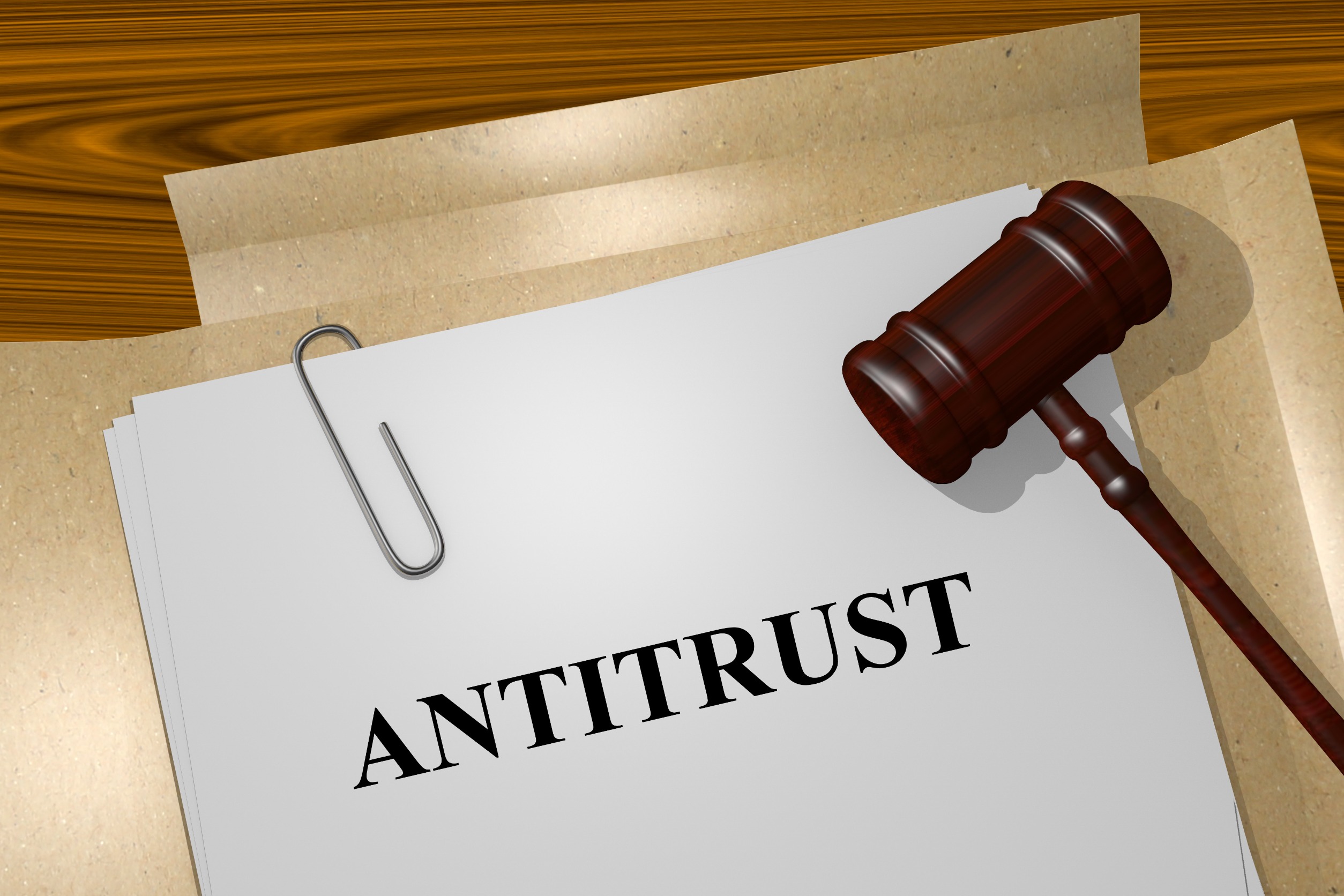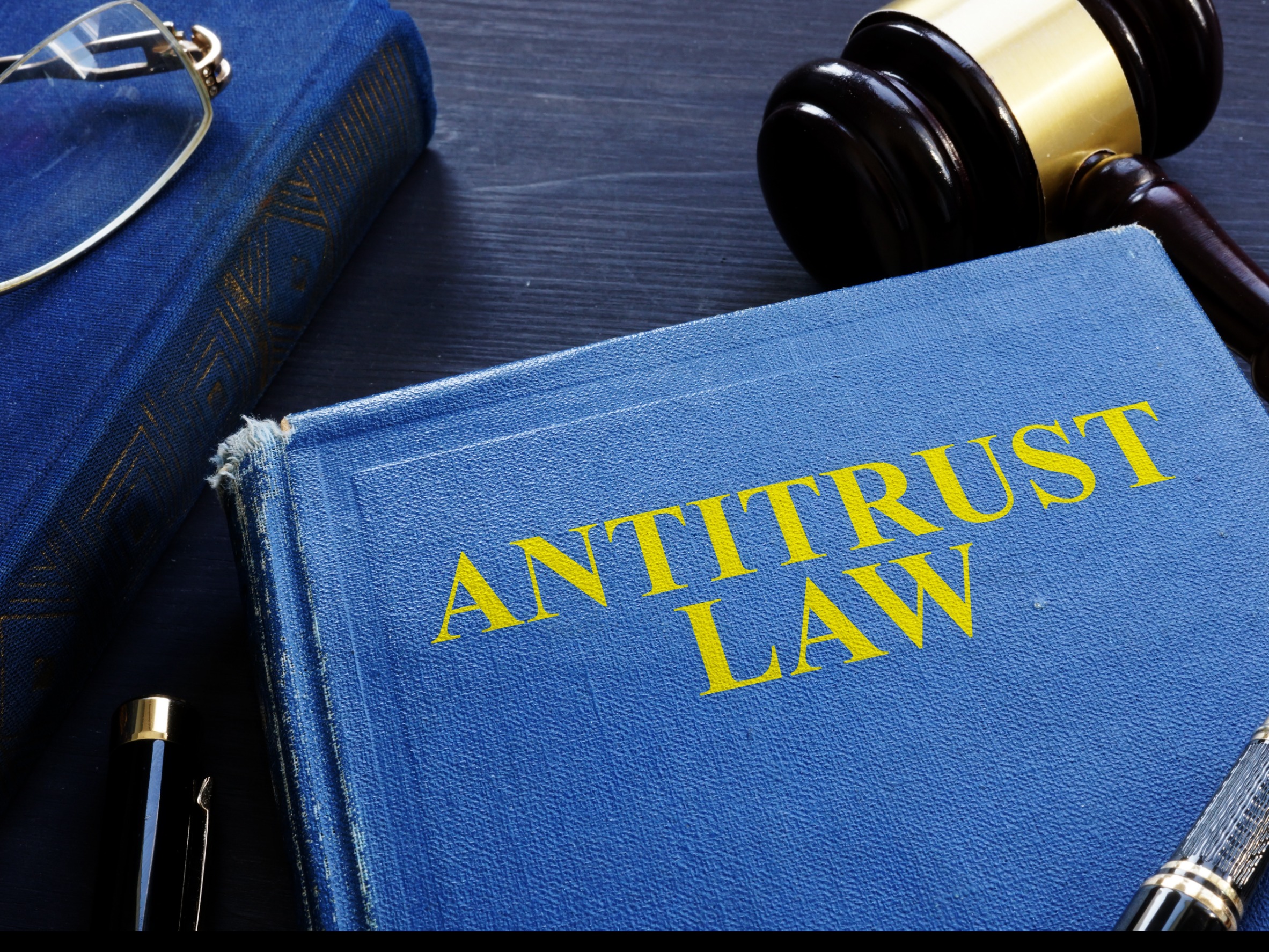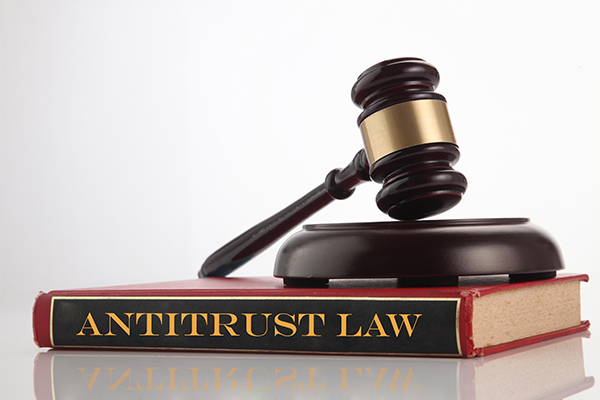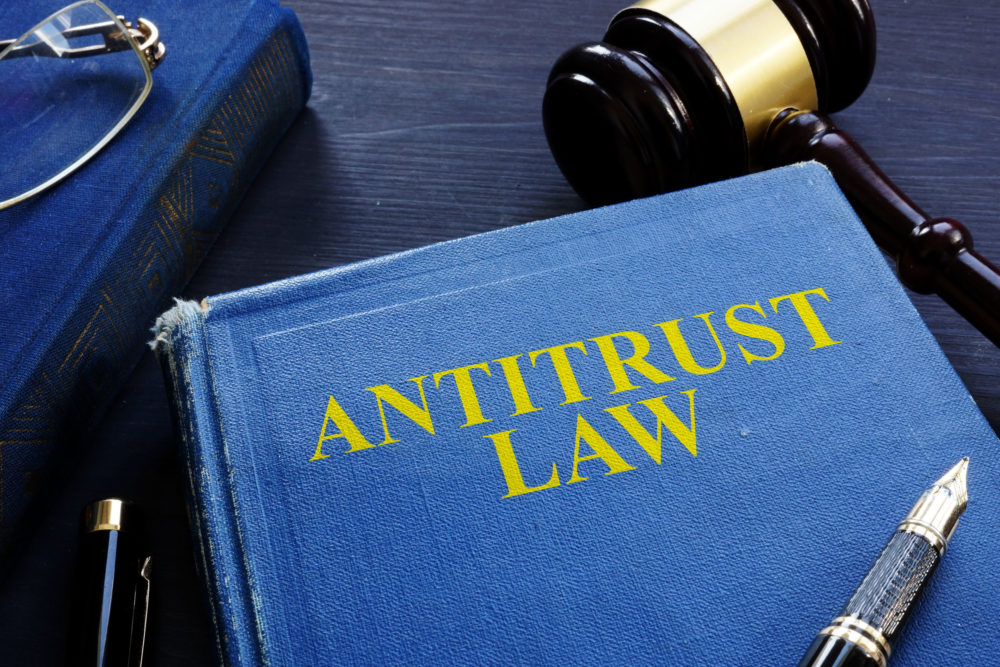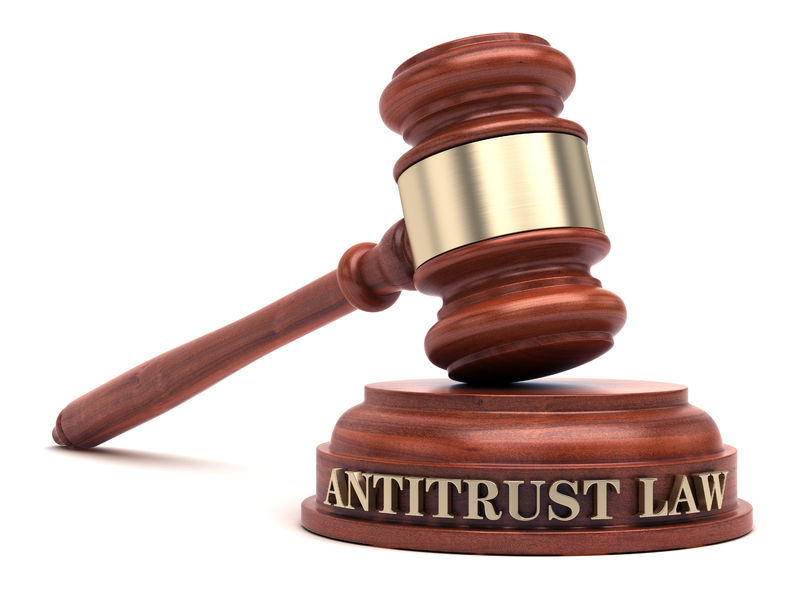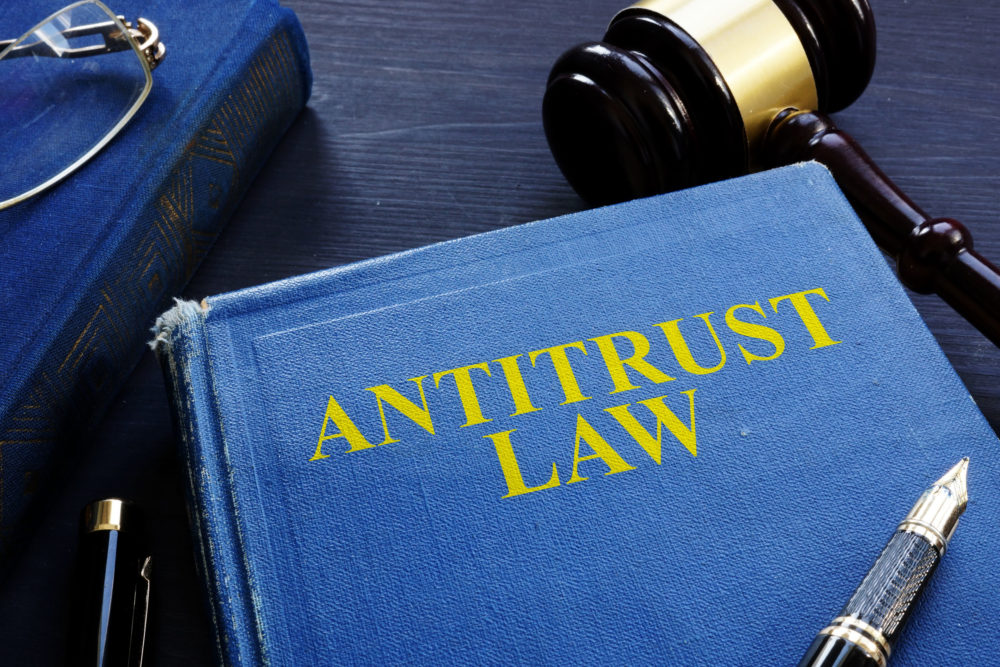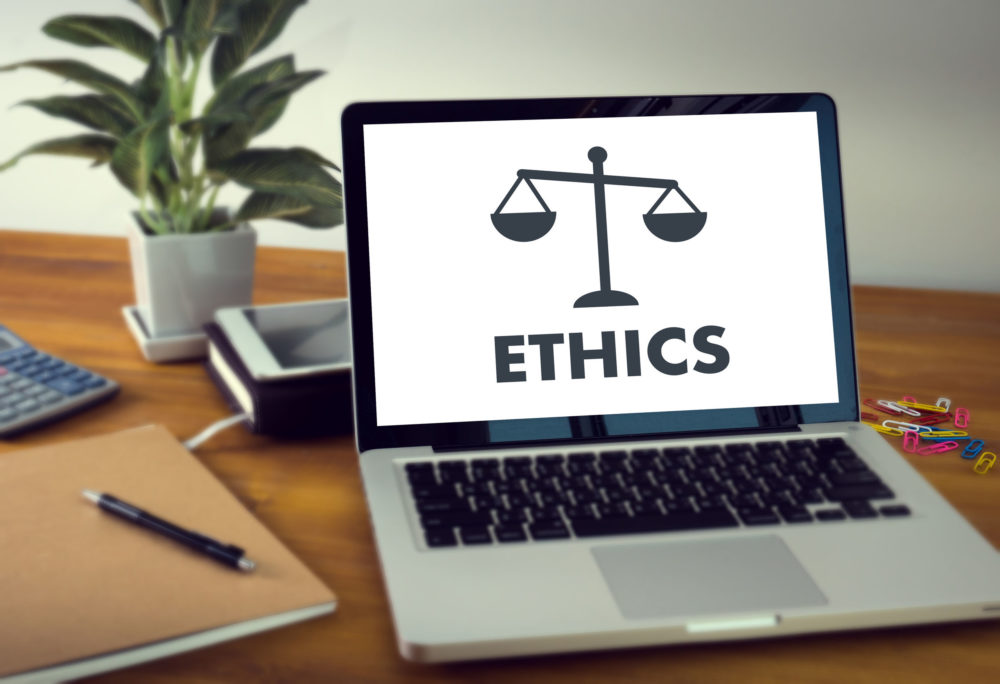Cartel Investigations: A Blueprint for Defense
Joenel2024-04-23T03:22:45-04:00Cartel investigations are high-stakes, complex legal matters. If you or your company are facing scrutiny for potential cartel activity, it's crucial to have a comprehensive understanding of the investigative process and your defense options.
How Class Certification Decisions Are Reshaping Antitrust Litigation
lazupardo2023-11-09T07:31:33-05:00Unpacking Antitrust No-Poach Agreements: Navigating Legal and Economic Dimensions in Depth
Marvin Monzon2024-04-22T23:42:11-04:00Antitrust Class Certification: Staying Ahead of the Curve Amid Evolving Standards
Joenel2023-08-08T22:50:51-04:00The Impact of Recent Class Certification Decisions in Antitrust Litigation
Joenel2023-05-31T09:08:37-04:00Balancing Competition and Innovation Amid the Changing Antitrust Landscape
lazupardo2023-08-23T00:49:55-04:00In this LIVE Webcast, a panel of thought leaders and professionals brought together by The Knowledge Group will provide and present an in-depth analysis of the fundamentals as well as recent developments in Balancing Competition and Innovation Amid the Changing Antitrust Landscape.
Navigating Antitrust Issues in the Pharmaceutical and Life Science Industries: Key Trends and Challenges Explored
Ahmed Zidan2022-12-27T22:11:11-05:00Price fixing, industry consolidation, and other anti-competitive business practices have long been the subject of intense antitrust scrutiny. To address these perceived flaws and abuses, President Biden issued an executive order on “Promoting Competition in the American Economy,” which calls for measures to ensure the strict enforcement of antitrust laws across several key industries, particularly in healthcare and life sciences.
COVID-19 and Antitrust Risks: How Businesses Should Respond
Iwork OJT2022-09-28T23:41:38-04:00The Coronavirus Disease 2019 (COVID-19) pandemic has significantly distressed the global market today. Companies suffer from interrupted supply chains and income losses as a result of paralyzed business operations. Practitioners think that this consequential business disruption may lead companies to collaborate with competitors in the hopes of keeping them afloat amidst the troubled economy. However, this move can also potentially violate the competition law.
The DOJ’s “No-Poach” Agreements: Navigating Implications to the Year Ahead and Beyond
Iwork OJT2022-09-29T04:54:37-04:00Regulatory uptakes on anti-competitive restrictions in labor markets is expected to ramp up with the Department of Justice (DOJ) Antitrust Division and the Federal Trade Commission (FTC) in the lead. Recently, the DOJ filed Statement of Interest on several pending cases to provide courts with significant guidance on the analysis of “no-poach” agreements and clarified that alleged cases of “no-poach” agreements do not automatically warrant per se review.
Trends and Developments on Antitrust Class Certification: Legal and Economic Issues Explored
Iwork OJT2022-09-29T05:14:42-04:00Today's legal landscape presents a higher degree of complexity and challenges for antitrust class action certifications. Several legal and economic issues that require crucial understanding and analysis of the law pose risks for businesses and practitioners alike. Furthermore, with the recent decisions and ongoing court cases constantly shifting the process, it is becoming more imperative for companies and their counsel to be conversant with the latest trends and developments in class certification rules and provisions.
Trends and Developments in Antitrust Class Certification: Best Strategies in Light of Recent Court Rulings
Iwork OJT2022-09-30T02:55:49-04:00Antitrust class certification has become more intricate over the years. The proliferation of lawsuits, court rulings, and regulatory trends continue to shed light on the evolving process and analysis of class certification.
A Comprehensive Ethics Guide for Lawyers: What You Should Know and Do
Iwork OJT2022-09-30T02:59:46-04:00Strict compliance with the Code of Professional Responsibility is an essential factor that lawyers need to consider to avoid reputational risks and/or professional discipline, which could include suspension from the practice or disbarment. However, with today's evolving legal climate, along with the emergence of new rules, legal professionals are becoming more susceptible to a wide array of ethical risk issues.
Vertical Mergers: Significant Antitrust Issues, Trends and Developments
Iwork OJT2023-01-19T21:50:56-05:00In this LIVE Webcast, antitrust lawyers Kivanç Kirgiz (Cornerstone Research) and Sophia Vandergrift (S&C) will provide the audience with an in-depth analysis of the fundamentals as well as the emerging antitrust scrutiny issues in vertical mergers. They will address recent trends and developments surrounding this significant topic. They will also discuss notable court rulings and expose the ever-evolving impact of the recent trends and updates in this area of law. As experts, they will present practical tips and strategies in preventing potential blind spots in a vertical merger agreement.

